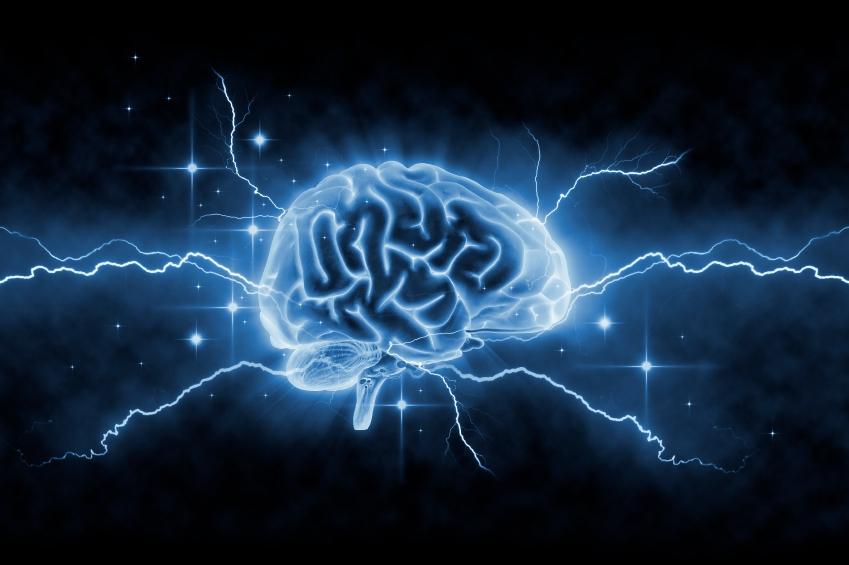Using HPC for Clinical and Neuroscience Computations

In this ResTech seminar A/Prof Wei Wen and Dr Anbupalam (Anbu) Thalamuthu from the Centre for Healthy Brain Aging (CHeBA) in the Faculty of Medicine & Health will present examples of how High Performance Computing (HPC) can be used from a researcher’s perspective.
This talk will feature some examples of their clinical and neuroscience work at CHeBA, which involves computations by using National Computational Infrastructure’s (NCI) HPC Gadi. Wei and Anbu will focus on two aspects of their work (A) neuroimaging, and (B) genetics in relation to the human brain.
This seminar will be followed by a Q&A. For more information about ResTech please visit our website.
---
More Information
Genetics (Anbu Thalamuthu) High-performance cluster computing facilities provided to us by NCI and UNSW helped us to analyse several large-scale multi-omics datasets. Using these computing and storage resources, we have successfully completed and published several genome-wide association studies (GWAS). We were able to analyse whole genome sequencing data and RNA sequencing data of several hundreds of samples using these facilities. Recently, we have published a genome-wide interaction study of cognitive function among major depressive disorder (MDD) patients and control samples involving multiple study cohorts. The GWAS results including the computational resources needed for this study would be highlighted.
Neuroimaging (Wei Wen) – we will discuss the detection/segmentation of MRI markers cerebral small vessel disease (CSVD), e.g. white matter hyperintensities. CSVD is a major vascular contributor to cognitive impairment in ageing, including dementias. Imaging remains the most promising method for in vivo studies of CSVD. To replace the subjective and laborious visual rating approaches, we have been working on to automate the extraction/segmentation of MRI biomarkers of CSVD. In a separate work, we have used ‘brain age’ to examine the impact of cerebrovascular risk factors on the ageing brain. Brain ageing is a complex biological process in middle-to-late aged individuals, accompanied by changes at all levels from molecules and morphology to advanced brain functions. An individual might have multiple underlying bodily ages in addition to chronological age. Brain age is a special case in this context, and it arguably reflects the brain’s biological status. We have computed brain age using high-dimensional neuroimaging data using deep learning and studied their relationships with risk factors.



